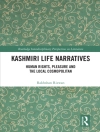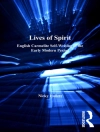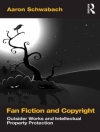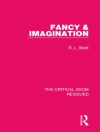Many non-Indian readers find the historical and cultural references in Salman Rushdie’s Midnight’s Children demanding. In his close reading of the novel, Neil ten Kortenaar offers post-colonial literary strategies for understanding Midnight’s Children that also challenge some of the prevailing interpretations of the novel. Using hybridity, mimicry, national allegory, and cosmopolitanism, all key critical concepts of postcolonial theory, ten Kortenaar reads Midnight’s Children as an allegory of history, as a Bildungsroman and psychological study of a burgeoning national consciousness, and as a representation of the nation. He shows that the hybridity of Rushdie’s fictional India is not created by different elements forming a whole but by the relationship among them. Self, Nation, Text in Salman Rushdie’s Midnight’s Children also makes an original argument about how nation-states are imagined and how national consciousness is formed in the citizen. The protagonist, Saleem Sinai, heroically identifies himself with the state, but this identification is beaten out of him until, in the end, he sees himself as the Common Man at the mercy of the state. Ten Kortenaar reveals Rushdie’s India to be more self-conscious than many communal identities based on language: it is an India haunted by a dark twin called Pakistan; a nation in the way England is a nation but imagined against England. Mistrusting the openness of Tagore’s Hindu India, it is both cosmopolitan and a specific subjective location.
Neil ten Kortenaar
Self, Nation, Text in Salman Rushdie’s "Midnight’s Children" [PDF ebook]
Self, Nation, Text in Salman Rushdie’s "Midnight’s Children" [PDF ebook]
Beli ebook ini dan dapatkan 1 lagi GRATIS!
Bahasa Inggris ● Format PDF ● Halaman 304 ● ISBN 9780773571501 ● Penerbit MQUP ● Diterbitkan 2004 ● Diunduh 3 kali ● Mata uang EUR ● ID 5836191 ● Perlindungan salinan Adobe DRM
Membutuhkan pembaca ebook yang mampu DRM












